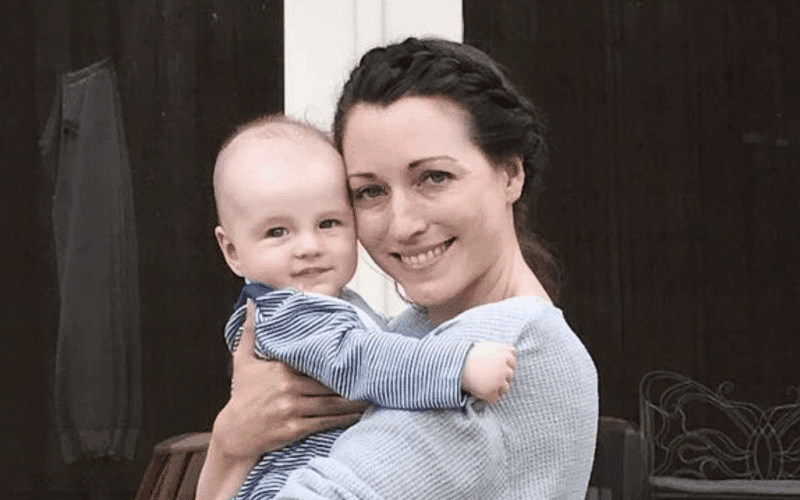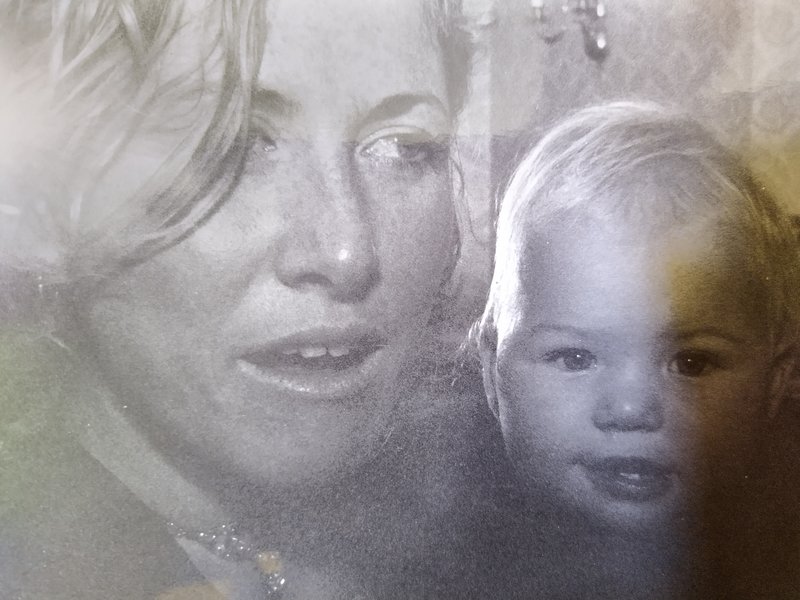The first fortnight; old habits and new alternatives (part 4 of 4)
Natalie Meddings – Doula and Yogabirth Teacher
Author of How to Have a Baby and Why Home Birth Matters
www.tellmeagoodbirthstory.com
Summary
Every single day, thousands of babies are born. Every single day, huge numbers of people become parents. Logically at least, how to care for a newborn should be common knowledge, if not a blueprint. You’d think most of us would have a rough draft in mind of how the first fortnight is likely to feel.
Yet few do. The first days aren’t just uncharted, there’s an unfamiliarity people aren’t even expecting. ‘We don’t know what we don’t know,’ says Sheena Byrom about the way we approach birth now. And the same can be said for when the baby is here. Feeling unprepared is common.
The source point is a lack of ordinary support and close community, parents having little first-hand experience of new babies, nor anyone around them having any either. Add in commercial and media messages showing only the chubby, smiling version of a baby (these are six months old) or motherhood presenting nothing more challenging than a nappy-change, and you can see why being realistically ready for a newborn is rare.
This is where these articles come in. If you are pregnant for the first time, I want to help you to get a picture of it all, the first minutes, the first night; some of what those first fourteen days will bring. And by doing so, to swap uncertainty for acceptance, self-doubt for some motherly peace of mind:
Part 1 – The first fortnight; simple rhythms
Part 2 – The first fortnight; make yourself a priority
Part 3 – The first fortnight; the first greeting and night at home
Part 4 – The first fortnight; old habits and new alternatives – this article
The first fortnight…
 New feelings can have you rushing for old habits. Coping – aka business as usual – can be a coveted high ground for new parents. But beware of this as the old normal, like having friends’ round, or heading out to the supermarket, will leave you not just exhausted but distracted. You may end up missing vital cues and signals as your baby unfolds. So, go easy; keep a calm and continuous environment; conserve resources and concentrate.
New feelings can have you rushing for old habits. Coping – aka business as usual – can be a coveted high ground for new parents. But beware of this as the old normal, like having friends’ round, or heading out to the supermarket, will leave you not just exhausted but distracted. You may end up missing vital cues and signals as your baby unfolds. So, go easy; keep a calm and continuous environment; conserve resources and concentrate.
Eat fresh, nutritious food (two lunches if possible, one at 12, another at 3), drink lots of water, and nap when you can.
Life with a newborn involves a repeating round of tasks – feeding, changing, soothing, settling – then going right back to the beginning again. Postponing your own interests and constant interruption in these first weeks.
These new patterns can feel testing – like something to sort and solve. But you can’t. ‘There’s no space for rationality when you have a very new baby,’ says doula Michelle Gerlis.
‘Instinct and common sense is what you need to be guided by, and when you keep life simple, those become powerful. Parents learn to trust themselves, to feel their way – and it’s really what serves them and their baby best.’
Babies bring lessons – new ways to understand yourself, a fresh perspective on your relationship, greater awareness of your strengths and weaknesses. But though becoming a parent can be enlarging, it’s true that former freedom, privacy and the possibility of doing what you want when you want to do it, are affected. To what extent and how is up to you. Expect too much of yourself; push back on change; hold tight to the habits you knew – and frustration and depletion can be the consequence.
But expect the transition, prepare for it even, and you may be surprised. By incorporating just a few positive habits, you will have space, reserves and the adjustment process can be rewarding.
A big priority is self-care. Eating well, resting when you can, and limiting outings and visitors to a minimum. It might sound party-pooping but a one-thing-a-day is a rule I encourage all the mothers I support to stick to, and they never regret it.
Create some non-negotiables too; a robust breakfast (egg or oats, sprinkle smoothies or porridge with ground flax/pumpkin); hydrate well by drinking full glasses of water and save sipping warm water with ginger or a half a lemon, or health-giving teas like loose-leaf nettle, camomile or hibiscus (avoid standard teabags and obtain some good herbs, from a reputable supplier).
Take a shower, every morning if you can, and stick to it. Make it sacrosanct as it will set you up. Oiling your hips, back and bottom with strong long, downward strokes will help you discharge tiredness and tension that’s bound to have built (lemon oil in an almond or coconut oil base can feel wonderful).
A ten-minute stretch or walk where you release your shoulders, or just let some breath out is also a great ritual to nurture.
Make sure any outings or meetings are done by afternoon, and then after a protein lunch (chicken? hummus on toast? Chickpea and spinach soup?) doze with your baby as they have their afternoon feed (learning to feed on your side will be transformative). Have something nutritious to eat when you wake as this will avert both a mood and milk-supply dip in the early evening. And at all costs, have a nice bit of celebratory cake and a cup of tea to congratulate yourself on having made it through another new day.
Lastly, try not to stumble into the evening. Get into a habit of drawing a line under the day, whether it be a walk around the block with your partner, a bath together with the baby, or watching a favourite TV programme while a partner or relative makes or warms dinner (hopefully you have a supply of food from friends or in the freezer). Create a bit of gentle system and contented energy gets conjured just like that. Keep an open mind, a fluid, flexible rhythm that supports well-being and good energy and you will find the move into motherhood is smoothed.
Links to birth repository resources
 Books
Books
The First Year of Parenting by Amy Brown
Why Postnatal Recovery Matters by Sophie Messager
Why Mothering Matters by Maddie McMahon
Holistic Sleep Coaching by Lyndsay Hookway
You’ve Got it in You, a positive guide to breastfeeding by Emma Pickett
 Videos
Videos
How To Put Your Baby To Sleep, According To “The Baby Whisperer”
Dr Jack Newman’s Visual Guide to Breastfeeding
 Social media
Social media
Maddie’s Miracle – Breastfeeding Support Group
Royal Surrey Maternity – Hand Expressing once you have had baby









